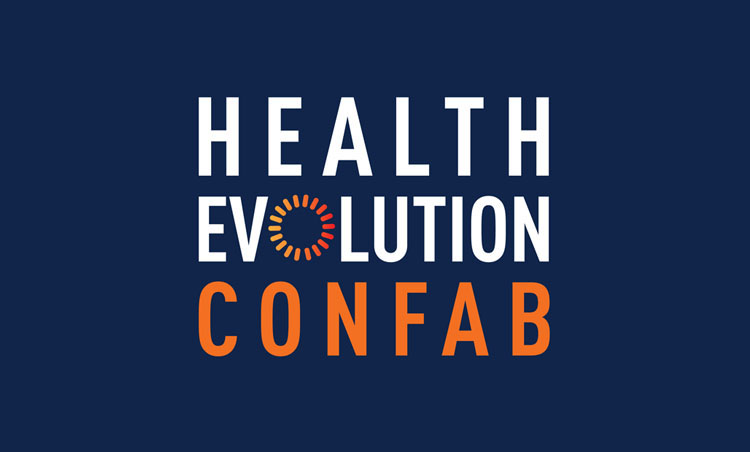The time has come to refer to social determinants with more realistic, less euphemistic, nomenclature. Make no mistake: Social determinants are real but they also get cast aside by those thinking the problems are too large and difficult to solve or that there’s little health care leaders can do to adequately address them.
Social determinants are factors that influence the health of individuals and populations, such as socioeconomic status, housing, zip code, transportation, education levels, employment and health insurance, food insecurity and others. But the name itself is in some ways inhibiting the advancement of work to advance equity among the very groups that need it most.
“I don’t even like to use the term social determinants of health because it gives a sense that these are immutable or as unchangeable as your genetic code. I cannot accept that. Now, in the 21st Century, we’re seeing our genetic code is quite mutable through CRISPR and other means,” said Carrie Byington, MD, Executive Vice President, University of California Health. “So if we can change our genetic code, we can change poverty and racism. And we can’t just have this defeatist attitude that blames the victims.”
With so many systemic and longstanding problems, including a lack of mental and public health infrastructure and widespread disparities, health care executives “should not misuse the concept of social determinants of health as an easy button for the status quo,” added Patrice Harris, MD, immediate past president of the American Medical Association.











